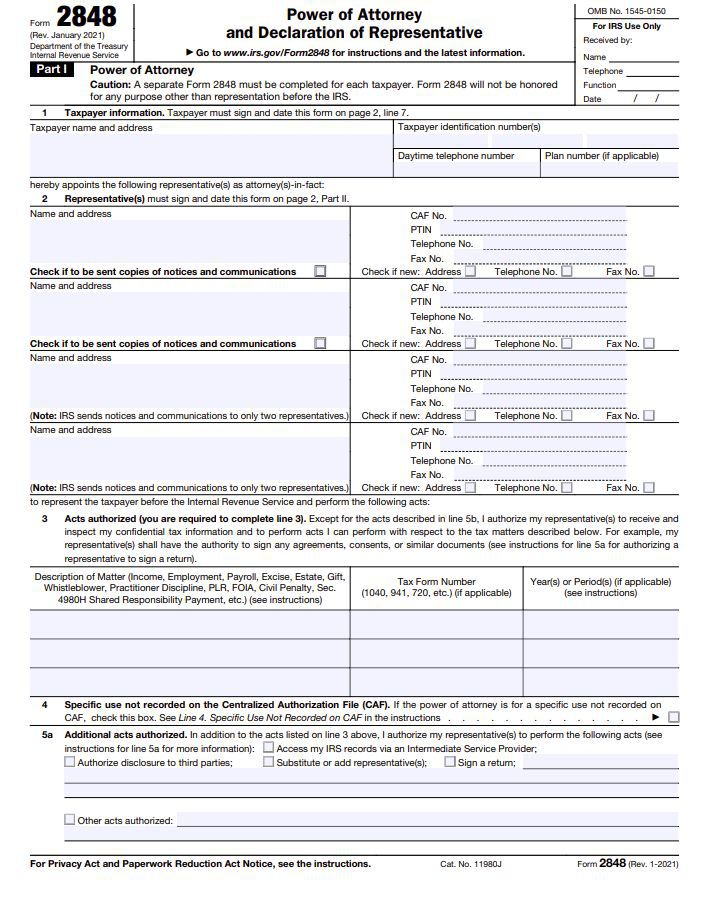How does the IRS file substitute tax returns? From Tax Debt Advisors, Inc.
IRS File Substitute Tax Returns (SFR)
The IRS SFR (Substitute For Return) unit will match all income reported to your social security number including W-2’s, K-1’s, 1099’s, etc. If you last return filed was a joint return, the IRS will file an SFR as married filing separate which will put you in a higher tax bracket. You will not be given credit for any dependents, or deductions. Many clients avoid filing back tax returns because they have lost or never received due to a move records needed to file a return. I am able to retrieve all the records that were report to the IRS. Once those are available, you will be better able to locate records that will reduce your tax liability along with interest and penalties. The hardest part is making the decision to get started. Call me today for a free confidential initial consultation. I will be your IRS Power of Attorney representation from beginning to end.
Scott Allen, E.A. – Tax Debt Advisors, Inc helping Arizona taxpayers with SFR representation


